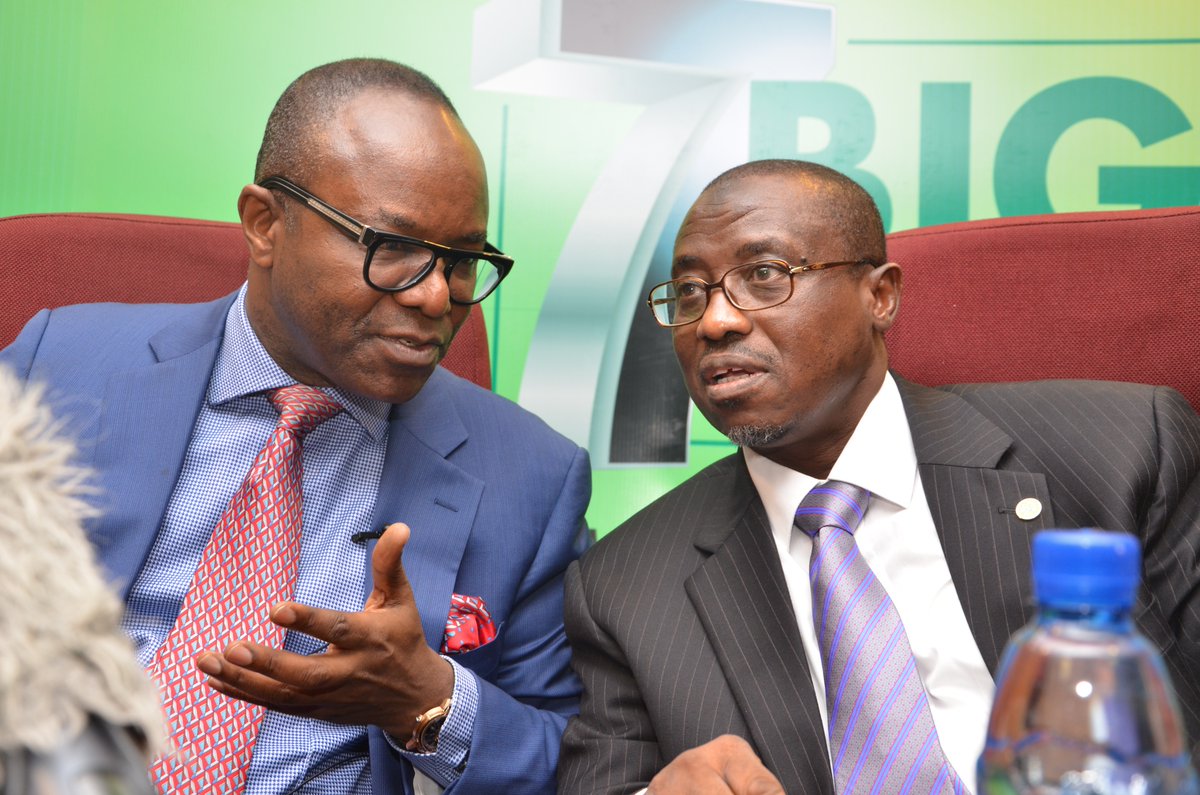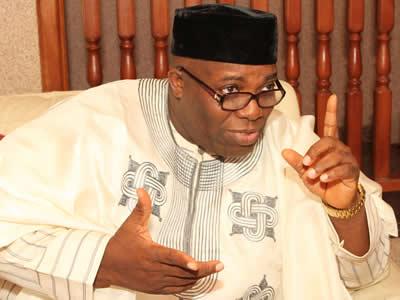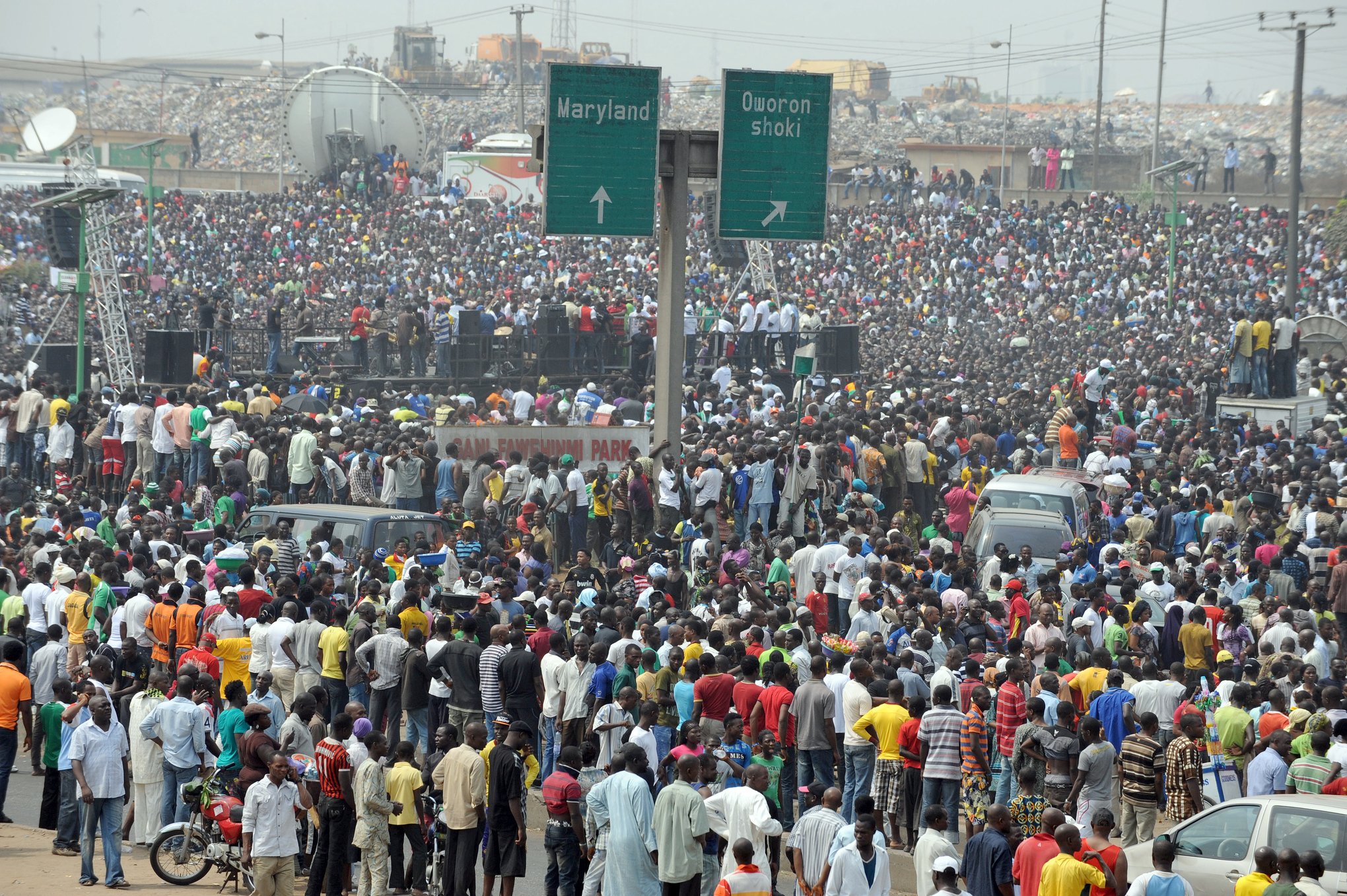International oil companies (IOCs) operating in Nigeria have agreed to cut $1 billion off Nigeria’s joint venture debts accrued over the past six years.
The companies, which are Chevron, Total, Eni, ExxonMobil and Shell reached an outline settlement to resolve the debt, which has been a contentious issue in the country oil sector.
According to Financial Times, the debt, which was estimated at $6billion was cut by a billion dollars, as Nigeria says it would pay the companies with its oil, over the next five years.
The deal needs the approval of two government bodies and final sign-off from President Muhammadu Buhari.
Advertisement
Ibe Kachikwu, minister of state for petroleum resources, told the Financial Times the settlement had been “accepted” by the five companies, hoping that the deal can be finalised before the end of 2016.
The companies have accused the Nigerian National Petroleum Corporation (NNPC) of holding back on its expenses in the joint venture, while the NNPC has repeatedly queried the amounts it owes the companies.
Nigeria, which is currently in a recession, has sought various means to get much needed funds for returning to growth.
Advertisement
Kachikwu, in a bid to raise funds, has asked India to pay Nigeria $15billion in advance for the country’s oil, which would be exported to India, over the next five years.
The country is also seeking a $29.9 billion loan from multilateral and bilateral sources, but the national assembly has throw the request out, declining to sanction it.
With no cash to pay IOCs, Kachikwu and people close to the western companies, told Financial Times that the $5billion of payments will be made in the form of barrels of new crude production over the next five years.
Kemi Adeosun, minister of finance, had earlier said changing the financing model was critical to pulling the country out of recession.
Advertisement
“We are already working to see how we can get out of the cash calls,” she said in September.
The oil companies are yet to make any public comments on accepting the deal, as presented by the Nigerian government.
Add a comment







